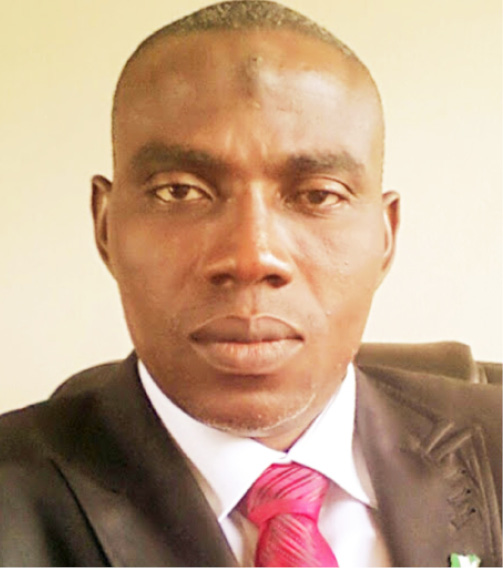Why indefinite strike continues: Colleges of education teachers
Comrade Nuhu Ogirima is the President, Colleges of Education Academic Staff Union (COEASU), in this interview; he explained the reasons for the recent strike action declared by the union. Excerpt: Why did COEASU embarked on strike action at this point in time? All the lingering issues, which prompted the 2015 strike, are still there, […]

COEASU National President, Nuhu Ogirima
Comrade Nuhu Ogirima is the President, Colleges of Education Academic Staff Union (COEASU), in this interview; he explained the reasons for the recent strike action declared by the union. Excerpt:
Why did COEASU embarked on strike action at this point in time?
All the lingering issues, which prompted the 2015 strike, are still there, not addressed by the present government despite our humble diplomatic approach at addressing issues of mutual industrial concern; whereas similar challenges besetting other tertiary institutions are being addressed by the same government. That is why our members resolved to embark on a national strike action.
What are the issues in contention?
Apart from the gross underfunding, five issues are quite critical to the development of the seventy (70) public Colleges of Education – both State and Federal Government Colleges of Education. To start with, there is a Report on 2014 Needs Assessment of Public Colleges of Education which has not been implemented. Rather than implement, FG sent it back to the colleges in 2017 for what it calls a review, and assessment of return on investment. The directive was complied with, but nothing has been heard of the reviewed report afterwards, since March 2018.
Also, FG has refused to pay Peculiar Academic Allowances since 2010 when our Agreement was signed. The government shoved the responsibility on individual College Council. Thus, most of the Federal Colleges had to pay for few months from money borrowed from staff cooperative societies and Union dues deducted at source, etc. Today, most staff of the COEs have been impoverished as the colleges cannot pay the huge sums of money borrowed. The same FG has paid similar Allowance to another tertiary institution in two tranches in succession leaving that of the colleges.
Since 2006 when FG policy to out-source some services came into effect, the colleges have reeling in the agony of its ineffectiveness and zero funding by government. It engendered porous campus security and unhealthy environment. This is because the exploitative salary the service providers pay does not influence the hapless Nigerians in their employment to be dedicated to the work.
The emerging issues are the on-going renegotiation of FGN-COEASU 2010 Agreement, which is also bedeviled, and the systematic marginalization of Colleges of Education in the consideration of special intervention by TETFund especially the non-consideration of assistance to COEs ravaged by storm.
What is your Union’s position on the recent NLC struggle for a new minimum?
The union views the agitation in the context of the larger socio-economic situation. First there was the increase in the pump price of fuel, which gave rise to astronomical increase in cost of goods and services. The ripple effect was felt more by civil and public servants not politicians and the super-rich. Then came other FG biting economic recovery policies, with the progressive inflation. So, juxtaposed with the existing minimum wage, the NLC call was more than justified. As an affiliate of NLC, we participated fully in the warning strike.
When do you intend to suspend the strike action?
Whenever government addresses the issues at stake, we would convene our national Congress to assess the offer for appropriate necessary action.
